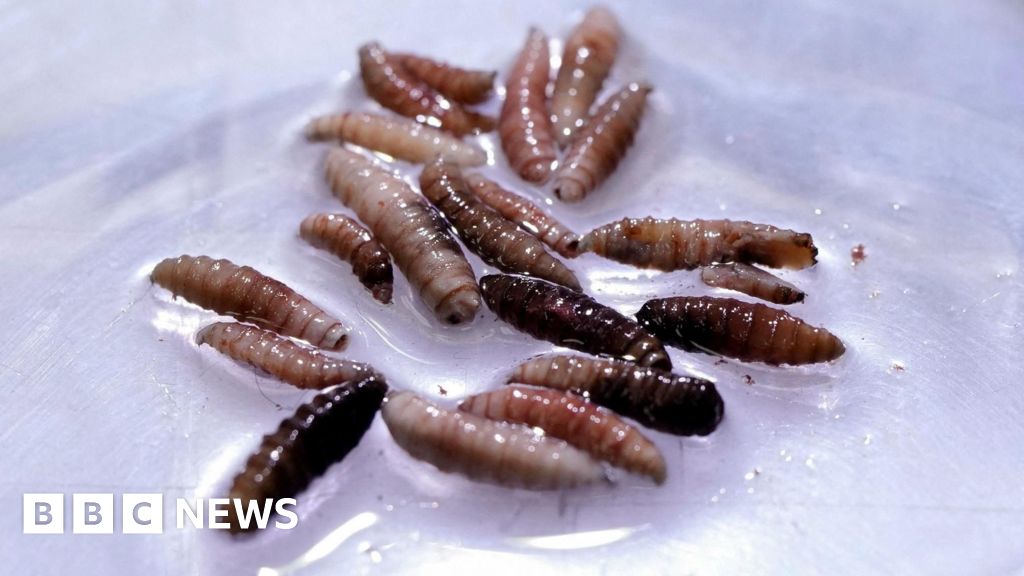NEW YORK (AP) — Health Secretary Robert F. Kennedy Jr.'s new vaccine advisory committee meets this week, with votes expected on whether to change recommendations on shots against COVID-19, hepatitis B, and chickenpox. The exact questions to be voted on Thursday and Friday in Atlanta are unclear, as officials at the Department of Health and Human Services have not provided details on the newly posted agenda.
Public health experts express concern that these votes could raise unnecessary questions about vaccines in parents' minds, potentially jeopardizing trust in immunization programs. Particularly concerning is a possible vote that may restrict a government program from funding vaccines for low-income families. Dr. William Schaffner, a vaccines expert at Vanderbilt University, remarked, I’m tightening my seat belt, anticipating significant implications from the upcoming decisions.
The Advisory Committee on Immunization Practices (ACIP) typically advises the Centers for Disease Control and Prevention (CDC) on the use of approved vaccines, and their recommendations significantly influence vaccination programs.
Kennedy, an outspoken opponent of certain vaccination policies prior to his role as health secretary, overhauled the previous 17-member ACIP panel earlier this year, replacing it with a group that includes several anti-vaccine advocates.
Key vaccines discussed include:
**COVID-19**: Previously, ACIP confirmed recommendations for COVID-19 vaccinations each June, which keeps the public informed about preventive measures against respiratory illnesses. However, this past June, under Kennedy’s leadership, the committee was silent on COVID-19 shots, leading to backlash from medical professionals. The ACIP is yet to decide on this season's COVID-19 shots and whether they should be covered by the Vaccines For Children program.
**Hepatitis B**: This virus can lead to chronic infections, especially in infants born to infected mothers. The hepatitis B vaccine has been recommended shortly after birth since 1991. Despite its success, ongoing discussions suggest a possible reassessment of its administration guidelines amidst concerns about historically inadequate screening of mothers.
**MMRV Vaccine**: The measles, mumps, rubella, and varicella (chickenpox) combo shot has been a subject of scrutiny. While initial recommendations favored the combined vaccine, studies revealed increased risks of adverse effects, prompting a reconsideration of the guidance. Experts caution that revisiting these recommendations could further erode public trust in vaccinations.
The public awaits the outcomes of these votes, as health officials and advocates emphasize the importance of maintaining robust vaccination programs to protect community health.
Public health experts express concern that these votes could raise unnecessary questions about vaccines in parents' minds, potentially jeopardizing trust in immunization programs. Particularly concerning is a possible vote that may restrict a government program from funding vaccines for low-income families. Dr. William Schaffner, a vaccines expert at Vanderbilt University, remarked, I’m tightening my seat belt, anticipating significant implications from the upcoming decisions.
The Advisory Committee on Immunization Practices (ACIP) typically advises the Centers for Disease Control and Prevention (CDC) on the use of approved vaccines, and their recommendations significantly influence vaccination programs.
Kennedy, an outspoken opponent of certain vaccination policies prior to his role as health secretary, overhauled the previous 17-member ACIP panel earlier this year, replacing it with a group that includes several anti-vaccine advocates.
Key vaccines discussed include:
**COVID-19**: Previously, ACIP confirmed recommendations for COVID-19 vaccinations each June, which keeps the public informed about preventive measures against respiratory illnesses. However, this past June, under Kennedy’s leadership, the committee was silent on COVID-19 shots, leading to backlash from medical professionals. The ACIP is yet to decide on this season's COVID-19 shots and whether they should be covered by the Vaccines For Children program.
**Hepatitis B**: This virus can lead to chronic infections, especially in infants born to infected mothers. The hepatitis B vaccine has been recommended shortly after birth since 1991. Despite its success, ongoing discussions suggest a possible reassessment of its administration guidelines amidst concerns about historically inadequate screening of mothers.
**MMRV Vaccine**: The measles, mumps, rubella, and varicella (chickenpox) combo shot has been a subject of scrutiny. While initial recommendations favored the combined vaccine, studies revealed increased risks of adverse effects, prompting a reconsideration of the guidance. Experts caution that revisiting these recommendations could further erode public trust in vaccinations.
The public awaits the outcomes of these votes, as health officials and advocates emphasize the importance of maintaining robust vaccination programs to protect community health.


















